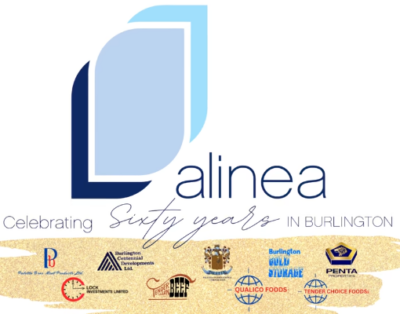The Burlington Gazette is a member of the National Newsmedia Council.
When the Gazette was covering a meeting of the Halton District School Board we made an error and attributed a statement to one of the trustees from Milton when it was made by one of the trustees from Oakville. The two sit side by side during school board meetings. We corrected the error but not to the complete satisfaction of the trustee. The NNC requires the Gazette to publish their report on how they respond to a complaint. That report is set out below.
April 3 2018
The National NewsMedia Council has upheld a complaint about accuracy and errors correction in the Burlington Gazette.
The March 22 2018 article reported on a Halton District School Board meeting, where part of the discussion was about a new administration building.
The complainant, Kim Graves, stated that two statements in the article were untrue.
The first cited inaccuracy was that “The Oakville and Milton trustees didn’t like the distance they would have to drive to get to Board meetings if they continued to be held in Burlington”. No trustees were named in the article but Graves, a trustee from Milton, objected that she did not make that statement.
Graves said the second untrue statement is that trustees “are queasy” about discussing the new administration centre. She said the statement implied all trustees are queasy, and is untrue because she is not queasy about having the discussion.
In its response, The Burlington Gazette said it did not refuse to make a correction, but that it would review the three-hour video of the meeting web cast.
Subsequently, the news outlet published a correction stating that in an “earlier version of this news story we said that Milton trustee Kim Graves had complained about the distance she had to drive to get to school board meetings” and that it was the trustee beside her who made the comment.
That correction also stated “we said ‘… they were a little queasy about having this matter on the table…’. It would have been more correct to say that some were queasy.”
The complainant objected to the first part of the correction as inaccurate. She noted the original article did not name her as making a statement, but did incorrectly imply she made a statement.
Based on the above, Council upheld the complaint about an inaccurate statement. It also upheld the complaint about the correction, because it incorrectly conveyed the original statement and drew unwarranted attention to the complainant. It is worth noting that the original statement implied six trustees were of the same view, but the correction admitted to misattributing a comment to just one.
The complainant also raised questions about the news media’s approach to making a correction. While it is reasonable for the journalist to double check the audio video recording, and to ask for a quote on that or another issue, it is also the prerogative of the trustee or any other interviewee to decline to comment. A correction should not be contingent on providing a further quote.
The news outlet defended its request for further quotes, and stated it “wanted to see a statement that was clearer” than the complainant’s earlier comments.
As a general comment, Council noted that tension between the media and institutions is normal and part of the accountability dynamic of a healthy democracy. However, journalistic standards of accuracy, opportunity to respond, attribution, citing reliable sources, and willingness to make prompt and meaningful corrections are essential in a reputable media. Similarly, government and institutions have a role in allowing media access to information, and those in public office must expect a higher degree of scrutiny and less privacy than those individuals in private life.
















